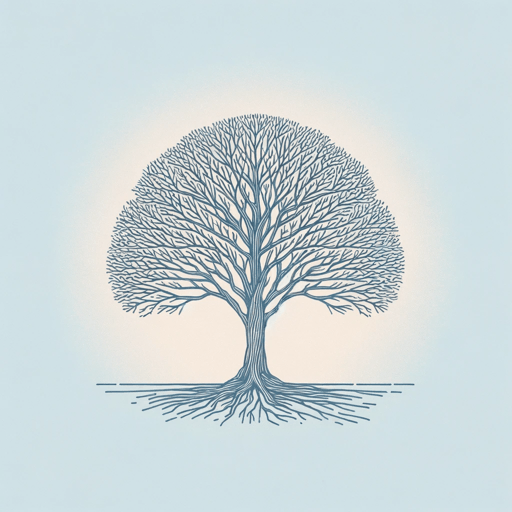32 pages • 1 hour read
Robert HaydenThose Winter Sundays
Fiction | Poem | Adult | Published in 1962A modern alternative to SparkNotes and CliffsNotes, SuperSummary offers high-quality Study Guides with detailed chapter summaries and analysis of major themes, characters, and more. For select classroom titles, we also provide Teaching Guides with discussion and quiz questions to prompt student engagement.
Background
Racial Context: The Black Poet vs. the Poet Who Is Black
Throughout the history of African American art in America, tension resides. Many people view art created by African Americans through the lens of race; others view Black artists as artists first instead of as artists of color. Hayden was of the latter opinion. He believed his legacy was as a poet who was Black, not as a Black poet. Many of Hayden’s contemporaries in the 1960s and 70s believed the former, arguing that Black artists had a responsibility to be “Black poets” instead of being “poets who are Black.”
The tension between these two schools of thought played a significant role in Hayden’s life. His main literary output came during the height of the 1960s civil rights movement and during the rise of the Black Power movement. Many of his contemporaries took part in revolutionary and radical progressive political action. And while Hayden wrote many poems about the Black experience, Black history, and figures of the civil rights movement (such as Malcolm X), many of his peers attacked his adherence to traditional forms, style, and non-Black subject matter.
“Those Winter Sundays” is not a poem about race. It does not mention race, and it does not allude to race.
Related Titles
By Robert Hayden



